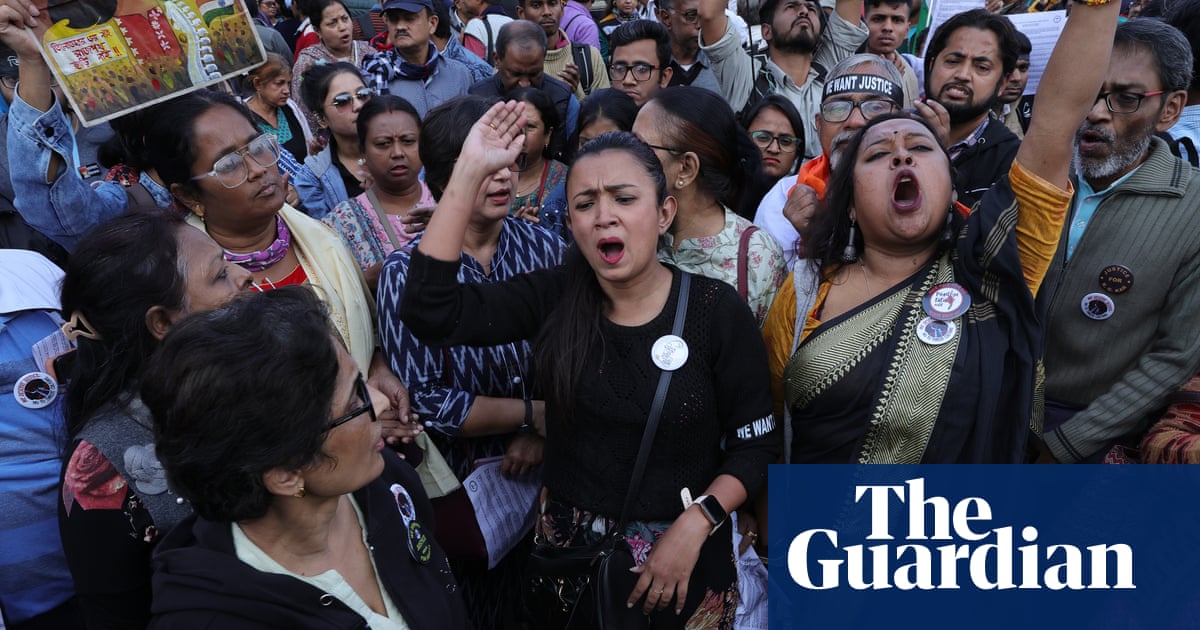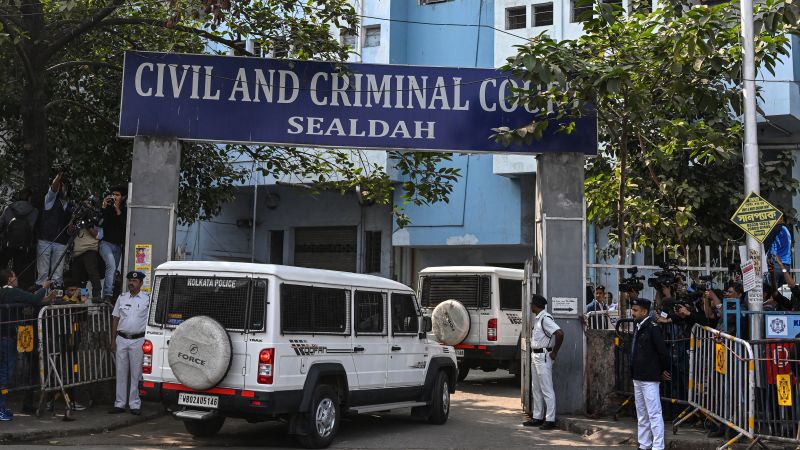Indian Court Sentences Police Volunteer to Life for Doctor's Murder

The Facts
A court in Kolkata, India, sentenced Sanjay Roy, a 33-year-old police volunteer, to life in prison for the rape and murder of a 31-year-old junior doctor at RG Kar Medical College and Hospital, where her body was discovered in a classroom on Aug. 9, 2024.
The federal police cited 128 witnesses during their investigation, with 51 examined during the fast-tracked trial that began in November, leading to Roy's conviction based on circumstantial evidence — including DNA samples and saliva swabs that matched the accused.
The crime sparked nationwide protests and hospital strikes, prompting India's Supreme Court to establish a national task force for enhancing safety measures in government hospitals as thousands of medical students and doctors demanded better security.
The Spin
Narrative A
While those advocating for the death penalty cited the crime's brutality and public interest, the court's decision for life imprisonment was also legally sound, based on India's "rarest of the rare" doctrine for capital punishment. The judge found insufficient evidence that Roy was beyond reform, a key criterion for the death penalty, which aligns with both legal standards and precedents.
Narrative B
Despite the court's subjective legal opinion, Roy's crime — especially given the fact that he was a trusted volunteer — was heinous and arguably indeed the rarest of rare. A state jurisdiction likely would've led to the death penalty, reflecting local demand for such punishments. While this ruling is over, doctors' protests will continue as they seek justice and question the investigation's depth.







